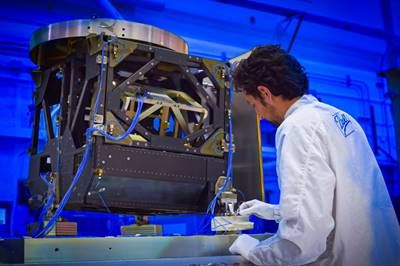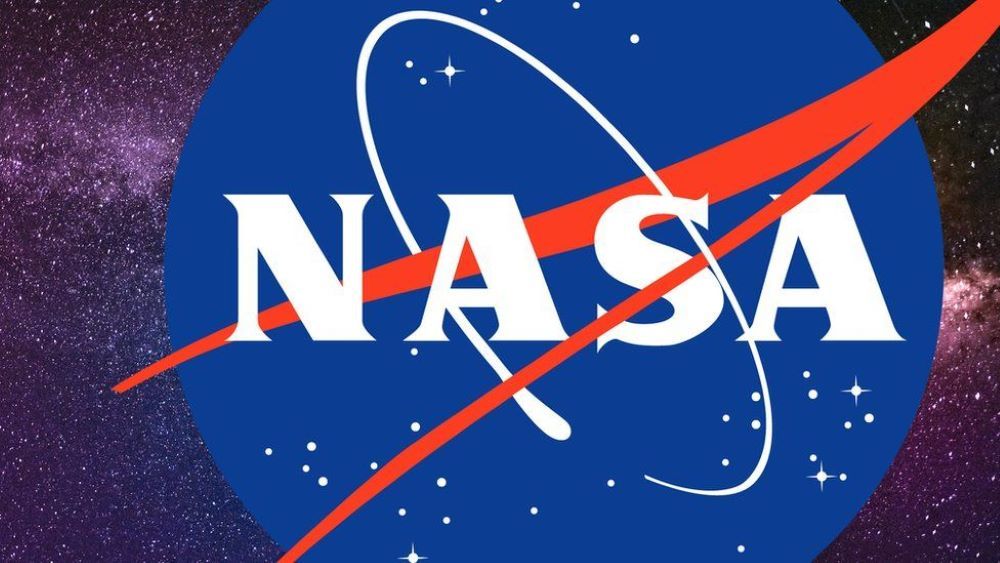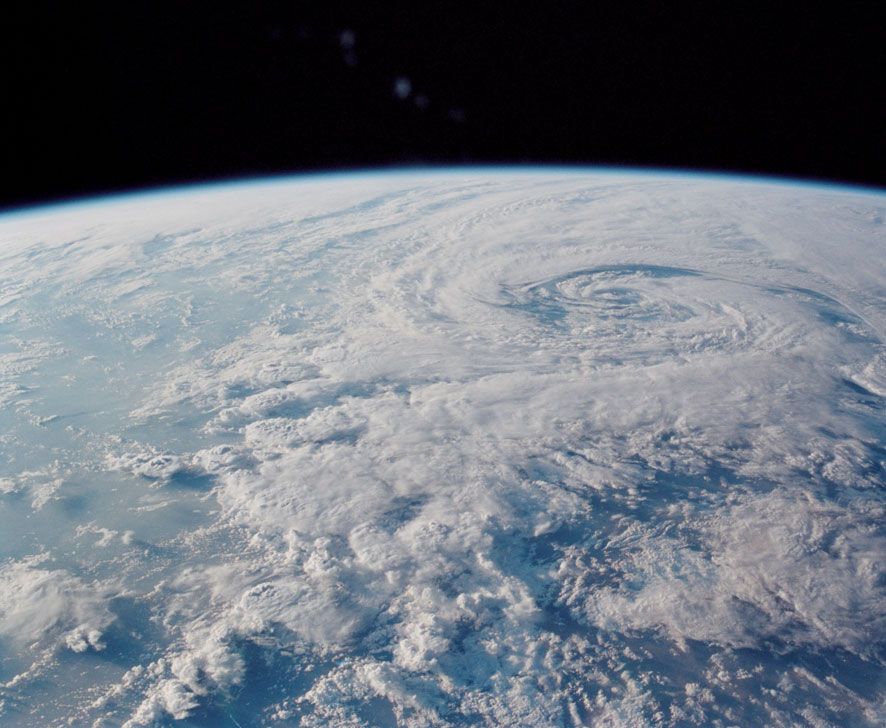Ball Aerospace launches pollution monitoring equipment

BOULDER — Air pollution over the Korean peninsula and the Asia-Pacific region will soon be monitored for the first time from space using a new piece of equipment manufactured by Ball Aerospace & Technologies Corp. and launched into orbit Tuesday.
The geostationary environment monitoring spectrometer was jointly developed by Ball Aerospace and Korea Aerospace Research Institute under the leadership of Ball. The device was integrated onto the Korean GEO-KOMPSAT-2B satellite.
Once operational in space, the spectrometer will be the first air quality sensor in geostationary orbit.
SPONSORED CONTENT
“GEMS is a result of more than 30 years of innovation in advanced spectrometers at Ball Aerospace,” Dr. Makenzie Lystrup, vice president and general manager of the Civil Space division at Ball Aerospace, said in a written statement. “Data from GEMS will enable KARI’s mission to assess and forecast air pollution by identifying sources and distribution of pollutants in the atmosphere.”
Ball Aerospace led GEMS development under a contract with KARI for the National Institute of Environmental Research in the Ministry of Environment of South Korea. GEMS will make hourly measurements of key constituents that make up air pollution, including ozone and nitrogen dioxide, which will improve early warnings for potentially dangerous pollution events, Ball said.
GEMS is one part of a global air quality monitoring constellation of geostationary satellites that will include NASA’s Tropospheric Emissions: Monitoring of Pollution spectrometer. Ball completed TEMPO in September 2018 for NASA Langley Research Center and Harvard Smithsonian Astrophysical Observatory. TEMPO is scheduled to launch in 2022.
© BizWest Media LLC
BOULDER — Air pollution over the Korean peninsula and the Asia-Pacific region will soon be monitored for the first time from space using a new piece of equipment manufactured by Ball Aerospace & Technologies Corp. and launched into orbit Tuesday.
The geostationary environment monitoring spectrometer was jointly developed by Ball Aerospace and Korea Aerospace Research Institute under the leadership of Ball. The device was integrated onto the Korean GEO-KOMPSAT-2B satellite.
Once operational in space, the spectrometer will be the first air quality sensor in geostationary orbit.
“GEMS is a result of more…





